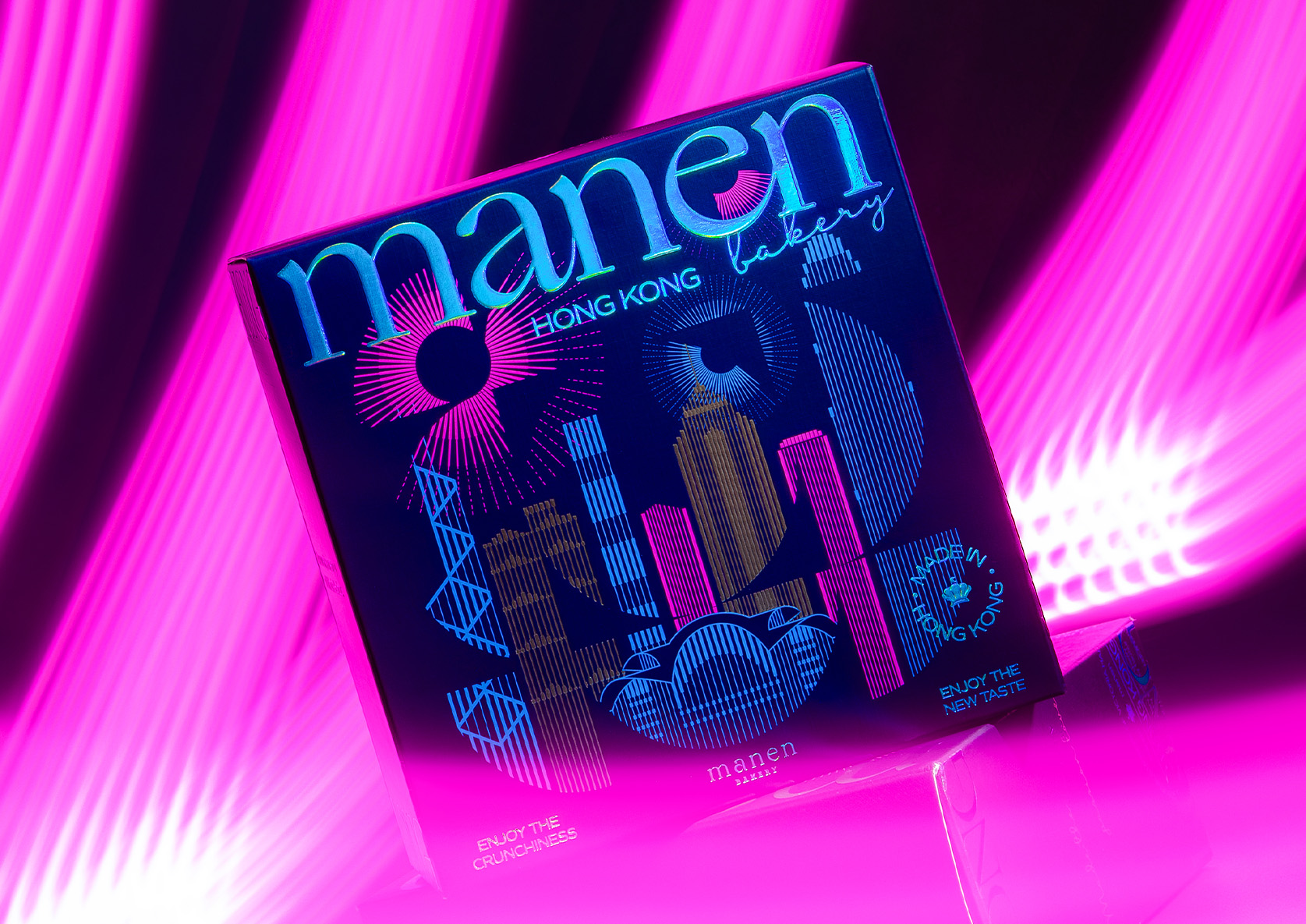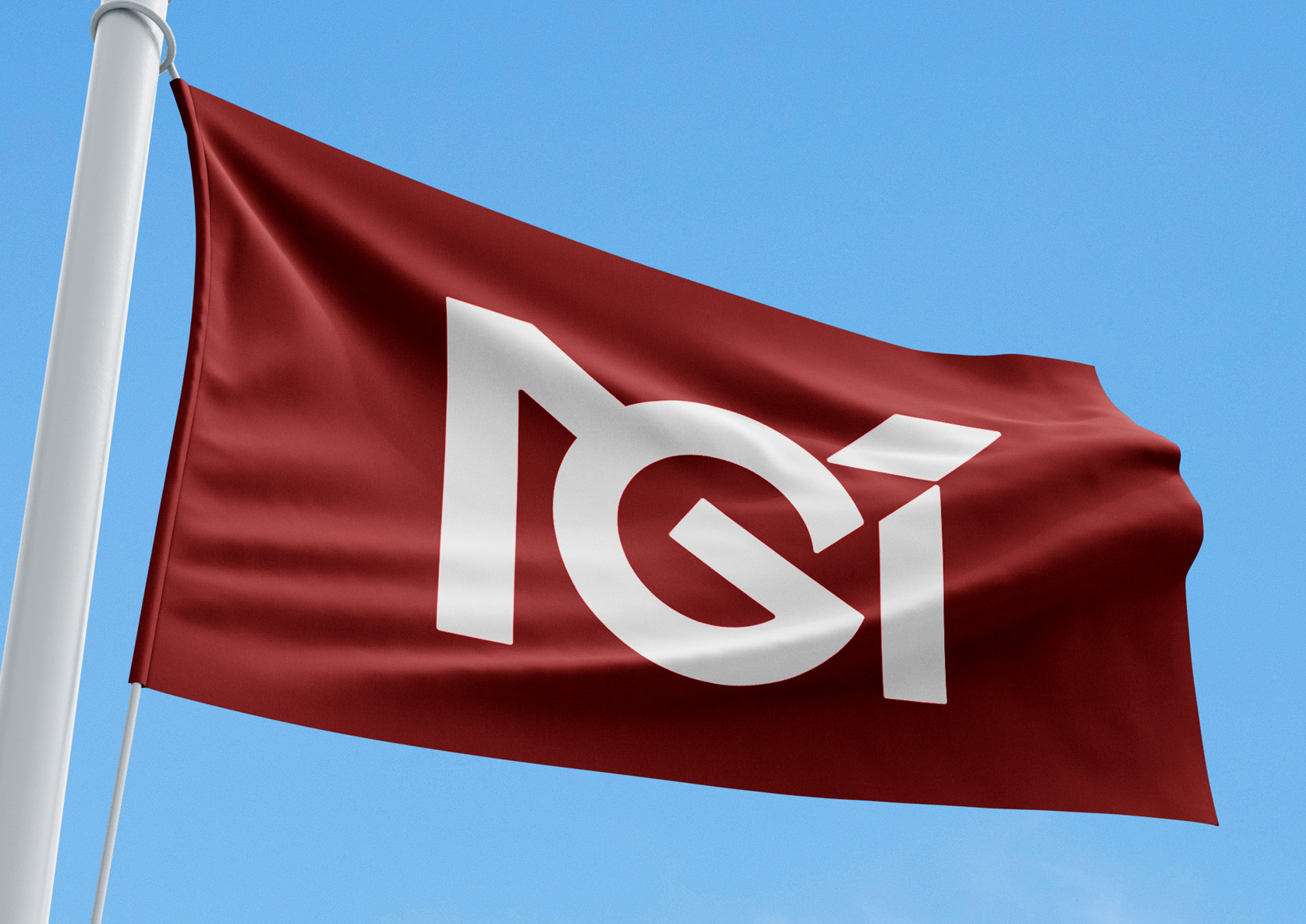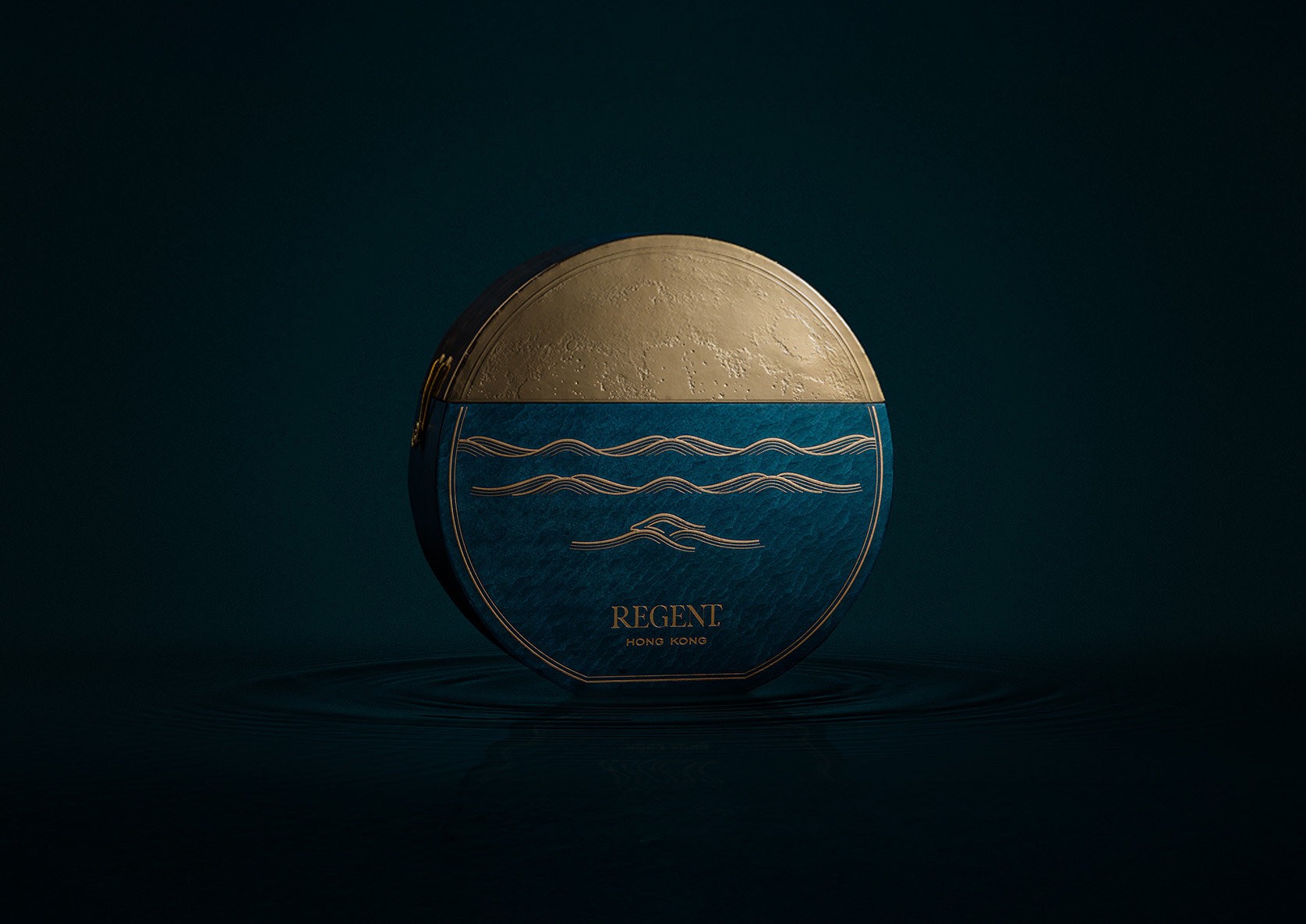To listen to the soul of brands
more new brand cases will be released successively!






























As a creative agency based in Hong Kong, VincDesign offers a range of branding design services, including design, graphic design, corporate identity design, web design, product design and packaging design. They specialize in creating visual identities, commercial design services, website design, logo design, digital graphics, and packaging design, covering a variety of designs such as F&B, BArts & Culture, Banking & Finance, Entertainment, Education, Hospitality & Leisure, Manufacturing & Industrials, Professional Services, Real Estate, Retail & Technology .Their work has been recognized in prestigious competitions like Communication Arts, International Design Award, Creativity International Awards, and Muse Creative Awards.
Branding design is an essential facet of a company’s marketing strategy, representing a comprehensive blend of graphic design Hong Kong, logo creation, marketing, advertising, and brand management. It crafts a unique identity that forms the visual and communicative elements of a company, inclusive of logos, color schemes, and typography. A robust branding design, guided by a strategic brand strategy, ensures a strong, consistent, and recognizable corporate identity that resonates with the target audience and positions the company positively in the competitive market landscape. This meticulous process is pivotal in shaping a company’s image, reputation, and overall consumer perception, making it a crucial driver for business success.
Brand identity is a broader term that encompasses all aspects of a company’s image and reputation, while brand guidelines ensure consistency in branding across different platforms. Brand strategy outlines how a company creates, communicates, and maintains its brand over time, emphasizing the need for a strong and recognizable brand that resonates with the target audience.
I have chosen to add an FAQ section. The original content already includes an FAQ, so adding more questions and answers naturally extends the existing structure and allows for the seamless incorporation of the missing search queries. This format directly addresses potential questions users searching for these terms might have.
Frequently Asked Questions
- What services does a design agency Hong Kong typically offer?
- A design agency in Hong Kong typically offers a comprehensive range of creative services. This often includes branding design, graphic design, logo creation, corporate identity development, website design, packaging design, and digital marketing collateral. They work with businesses to craft strong visual identities and effective communication materials.
- How does a design company differ from a design studio hk?
- While the terms are often used interchangeably, a design company might imply a broader scope of services or a larger team, potentially handling more extensive projects like integrated marketing campaigns alongside design. A design studio HK might focus more specifically on creative execution and often highlights its artistic or specialized design capabilities, though both ultimately aim to provide high-quality design solutions.
- Why should I hire a graphic design company?
- Hiring a professional graphic design company ensures that your visual communication is impactful, consistent, and aligned with your brand strategy. They possess the expertise, tools, and creative vision to produce high-quality graphics for everything from logos and websites to marketing materials and packaging, helping your business stand out and connect with your target audience effectively.
What services does a design agency Hong Kong typically offer?
A design agency in Hong Kong typically offers a comprehensive range of creative services. This often includes branding design, graphic design, logo creation, corporate identity development, website design, packaging design, and digital marketing collateral. They work with businesses to craft strong visual identities and effective communication materials.
How does a design company differ from a design studio hk?
While the terms are often used interchangeably, a design company might imply a broader scope of services or a larger team, potentially handling more extensive projects like integrated marketing campaigns alongside design. A design studio HK might focus more specifically on creative execution and often highlights its artistic or specialised design capabilities, though both ultimately aim to provide high-quality design solutions.
Why should I hire a graphic design company?
Hiring a professional graphic design company ensures that your visual communication is impactful, consistent, and aligned with your brand strategy. They possess the expertise, tools, and creative vision to produce high-quality graphics for everything from logos and websites to marketing materials and packaging, helping your business stand out and connect with your target audience effectively.
What makes a branding company effective in Hong Kong?
An effective branding company in Hong Kong understands the local market nuances while applying global best practices. They excel at crafting unique brand identities, developing compelling brand stories, and ensuring consistent brand application across all touchpoints. Their effectiveness is often measured by their ability to help businesses achieve their marketing objectives and build strong, recognisable brands.
Can VincDesign assist with comprehensive graphic design needs in Hong Kong?
Yes, VincDesign is a reputable graphic design company HK with extensive experience in fulfilling a wide array of graphic design needs. From creating striking visual identities and logos to designing engaging marketing collateral and packaging, VincDesign offers comprehensive graphic design HK services tailored to various industries and business requirements.







